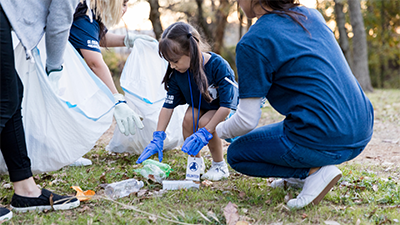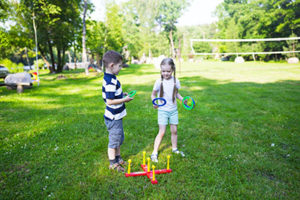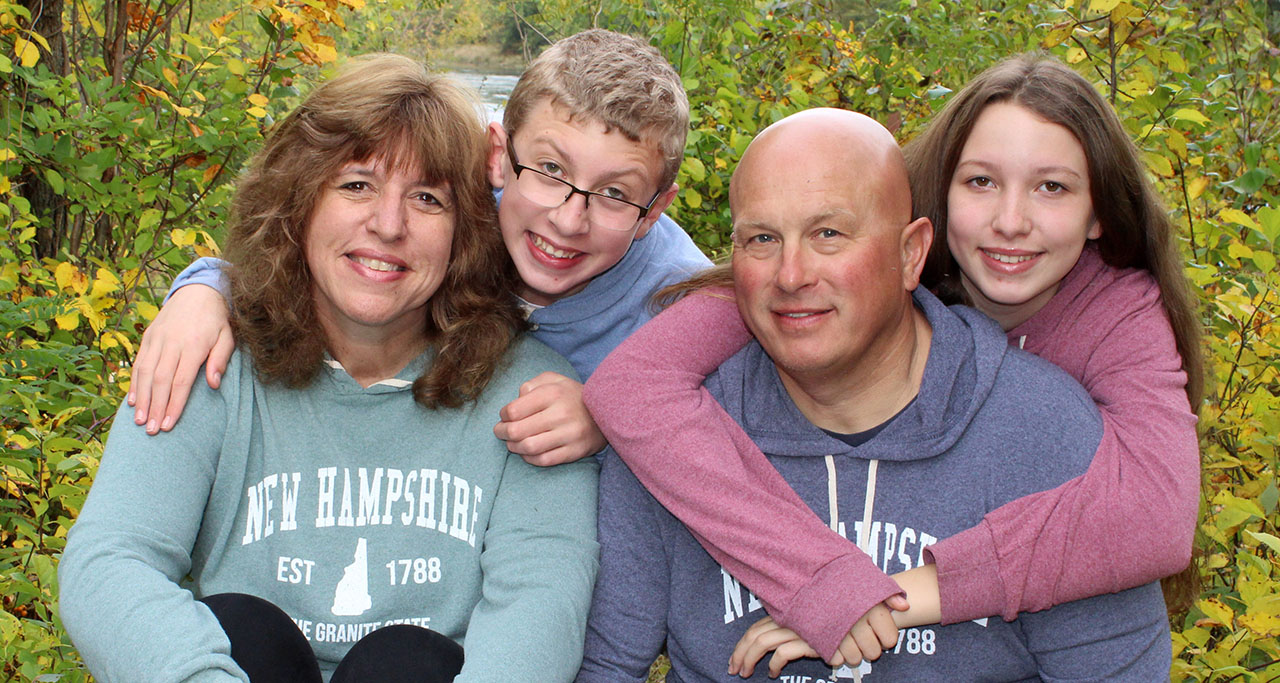I remember years ago, coming home from work – kicking off my shoes – and throwing on my favorite pajamas to signify the end of another work day. That celebratory act initiated my time to relax, allowed me to catch up on the daily events of my teenage twins and my husband, and helped me decompress as I shifted gears to my parental duties.
When we entered the Ides of March in 2020, everything changed in an instant. I no longer had a commute to work. There was no bus picking up my kids at the end of the driveway. The pajamas I had on, well, they stayed on the entire day. I was suddenly maintaining three different schedules – two for my kids and one for me, as my living room, kitchen and guest bedroom became the classrooms and office. I, like most, was thrust into part-time occupations we were ill-prepared to do in addition to holding down our full-time jobs. I was suddenly navigating how to work remotely and teach sixth grade curriculum to my children, with one child on the Autistic spectrum. I was worried about the effects of isolation on my family, or my lack of teaching expertise impacting my kids’ advancement to seventh grade. I was immediately wary about how I could grocery shop or manage my daily errands safely and not bring home COVID. I literally had no time to process anything happening to us. My only recourse, I felt, was to adapt and keep moving. Admittedly, my work/life/balance was off the rails from the word “COVID”, and my mental health was not faring any better.
Roughly about the time school got out for the summer or about four months after the pandemic began, both my kids suddenly made me very aware that I was drowning in my duties. I remember my daughter coming into my makeshift office one night at 8:30pm to ask if I was finished working for the day. She was upset that my work was taking away from my time with her. On another occasion, my son witnessed me outside screaming to release the frustration I was feeling from my inability to “juggle it all” that particular day. He asked me if I was okay and despair engulfed me as I realized I made him worry about me and my inability to cope. All this time, I thought I was shielding my kids from how overwhelmed I was, but the reality was my children were much more aware of what was going on with me than I realized.
When I first became a parent, I knew what my kids needed the minute they went into a full meltdown. My husband or I would put them in time out to calm down, allow for some self-reflection, and learn how to handle or understand the current situation better. Why wasn’t I applying this tactic to my current situation? I realized at that moment that I needed a time out. So, I started with small changes. I shut off the TV and radio. The pandemic was consuming the world, and the news being shared was just a repeat of the day before, starting my day with anxiety. The next step, with warmer months upon us, was getting outside. So, as a family, we went for long walks with our dogs to breathe in the fresh air and get some exercise. I started to hone in on my kids’ current interests outside of the classroom. My daughter enjoyed painting and drawing at the time. So, we all painted signs to place along the roadside for drivers to read as they passed our house that we knew would make them laugh. My son wanted to pick up trash along the roadside to clean up our town. So, we spent many days doing that. I was already feeling better, and my kids felt a sense of satisfaction – contributing to our community in their unique ways.
To tackle the isolation issue – I knew others in my community were struggling as well. So, I created the “Mommy Meet Up” – where we all met at our local park on a Saturday for an hour. The kids would get some time with their friends safely outside to talk and play, while the mothers parked their cars in a circle, sitting in their trunks or bringing a chair to sit in to maintain social distancing as we chatted over coffee about our struggles. What should have been a one-hour session became two hours. Every Saturday after that – more mothers joined the group, more kids came to play, and my kids and myself felt, once again, reconnected to the world.
 In an interview with Nathan Fink of the New Hampshire Children’s Trust and Michelle Lennon of the Greater Tilton Area Family Resource Center, family resources and parental support were also discussed, outlining how positive experiences and connections between parents, their children, and their community can help reinforce protective factors. At the end of the day, it doesn’t matter if it’s from a group of moms sitting in a circle of cars or from more formal resources available across the state: what matters is that individuals know there is support in parenting and connections that can be made.
In an interview with Nathan Fink of the New Hampshire Children’s Trust and Michelle Lennon of the Greater Tilton Area Family Resource Center, family resources and parental support were also discussed, outlining how positive experiences and connections between parents, their children, and their community can help reinforce protective factors. At the end of the day, it doesn’t matter if it’s from a group of moms sitting in a circle of cars or from more formal resources available across the state: what matters is that individuals know there is support in parenting and connections that can be made.
So, the moral of this story – take that time out.
Debbie Love, Consultant, JSI Research & Training Institute, Inc.
By day, Debbie Love works at JSI Research and Training Institute, Inc., to get the word out about prevention on a variety of public health issues specific to our youth, oral health, immunization, substance misuse, homelessness, and aging, to name just a few. In her free time, she is a published poet and author, focusing her writing on humorous accounts of her everyday life to share with the world, while seeking opportunities to give back to local businesses in her community through the sales of her children’s book. Debbie lives in Chichester, NH, with her husband, children, and very spoiled rescued dogs and cat.

